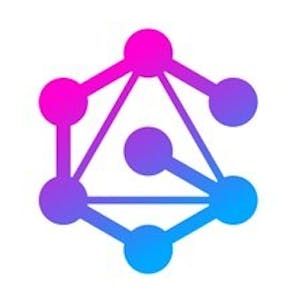As a developer, you need to deliver fast, and you simply don't have the time to constantly think about security. Still, if something goes wrong it's your job to fix it, but security testing blocks your automation, creates bottlenecks and just delays releases, especially with graphQL...but it doesn't have to...
NeuraLegion's developer-first Dynamic Application Security Testing (DAST) scanner enables developers to detect, prioritise and remediate security issues EARLY, on every commit, with NO false positives / alerts, without slowing you down.
Join this workshop to learn different ways developers can access NeuraLegion's DAST scanner & start scanning without leaving the terminal!
We will be going through the set up end-to-end, whilst setting up a pipeline for a vulnerable GraphQL target, running security tests and looking at the results.
Table of contents:
- What developer-first DAST (Dynamic Application Security Testing) actually is and how it works
- See where and how a modern, accurate dev-first DAST fits in the CI/CD
- Integrate NeuraLegion's scanner with GitHub Actions
- Understand how modern applications, GraphQL and other APIs and authentication mechanisms can be tested
- Fork a repo, set up a pipeline, run security tests and look at the results





























